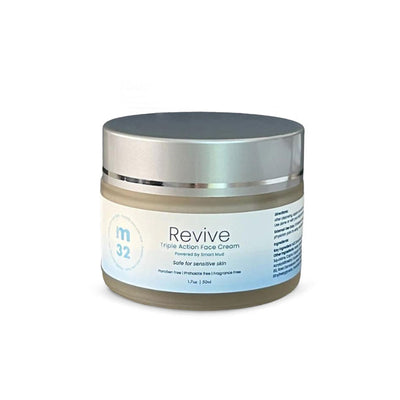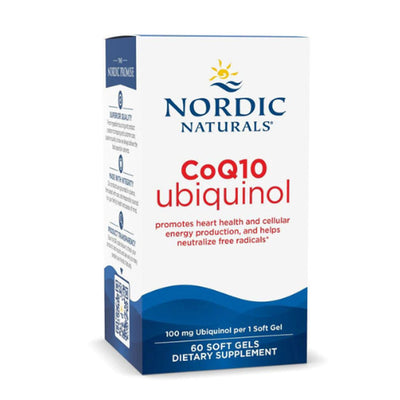Original Post By Kristin Otero, OTR/L, MSOT from SmplyTherapy
Let’s start with some statistics
In 2011, 38% of children, age eight and under used tablets and smartphones. In 2013, it went up to 72%. COVID-19 2020 could not have helped. In 2018, one-in-four children under the age of 6 had a smartphone. Use of mobile devices and children has risen from five minutes a day in 2011, to 48 minutes a day in 2017. Recent studies are revealing that kids and babies, under the age of two, are spending more than double the time in front of screens than they did in the 1990's. However, it’s not until around the age of 18 months that a baby's brain has developed to the point where the symbols on a screen begin to represent their equivalent in the real world. So what are they focusing on? Children under the age of two are wired to learn and remember things through experiences and by doing, but what researchers found is that children watching screens imitate 50% less actions than those children who engage in live three-dimensional interactions. Hindering their learning.
Let me give you an example of this hindrance - Baby Einstein videos have seven scene changes in just 20 seconds of video. So there's about one scene change every three seconds. What's actually keeping them engaged? The color changes and continuous changes in the screen! As a result; a real farm isn't keeping them engaged, and for every 30 minutes of screen time, there is a 49% increased risk of expressive speech delay. This statistic comes from a 2017 Canadian study by Dr. Catherine Birken, the first study that reports a link between handheld devices and expressive language delays. And now there are over 200 peer reviewed studies that point to screen time correlating to increased ADHD, addiction to screens, increased aggression, depression, anxiety, and even psychosis. The National Institute of Health is currently doing a $300 billion study using functional MRIs to examine the changes in brain structure among children who use smartphones and other screen devices. The first batch of results shows that kids who spend more than two hours a day on screens scored lower on language and thinking tests, kids who spend seven hours per day on electronic 5 devices show premature thinning of the cortex (underdevelopment).
Recommendation
From an OT’s perspective, I would recommend less than 2 hours a day 5 to 18 year olds, no more than one hour a day for children aged 2 to 5, and none for children younger than 18 months. Per day.
Research is showing us that children aged 3 to 5, whose parents read through electronic books, they had lower reading comprehension, compared to physical books because of all of the interactive features from electronic books that distract them from a focus on the actual story. Distractions, and being able to touch a feature of the visual representation is making it a different activity that doesn't involve as much learning required for reading comprehension, and word meaning. 80% of learning apps are targeted specifically towards young children, many claim to help children learn to read, but most don't.
Let’s take a look at some of the people that invented the tech
Most of the tech executives don’t allow children near certain devices. One specific school in the Bay Area where 75% of the parents are tech executives, do not allow any tech in the school. No iPads, no promethium boards, no whiteboards, no Chromebooks. Also, Silicon Valley nannies actually have to sign no technology agreements, meaning they won't be on a device and they won’t allow the children on a device while they're in their care.
It makes you take a step back to think about how these applications are made. Tech devices were made to keep people invested and entertained, not for learning. It’s recommended to use technology as a tool, not a toy.
There is much more details to go into so if you are curious and want to know more. Please feel free to reach out to SmplyTherapy and book a free 30 minute consultation!








